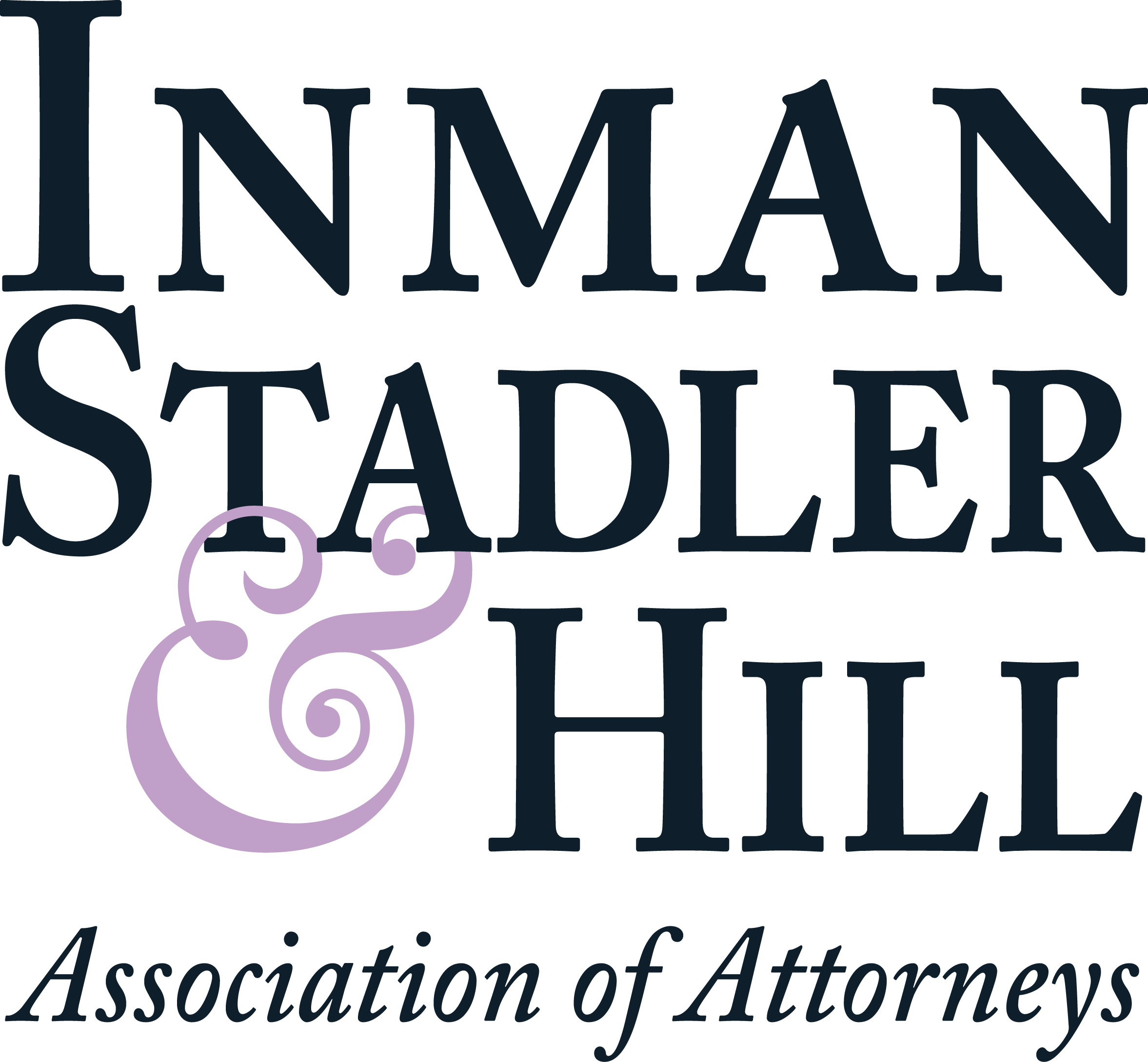Death is a subject most people would rather avoid discussing, but it’s an inevitable part of life. While we can’t control when or how we’ll pass away, we can control what happens to our assets, properties, and the well-being of our loved ones after we’re gone.
Failing to create an estate plan can lead to numerous complications, some of which can cause significant stress and financial burdens for your heirs and beneficiaries. In this blog post, we’ll explore five major things that can go wrong if you don’t have an estate plan—particularly one that has been prepared by an experienced and caring Tennessee estate lawyer.
1. Probate Nightmares
When you die without an estate plan, your assets may be subject to probate, which is a lengthy and expensive legal process during which the court determines how your assets will be distributed. This can lead to disputes among heirs, delays in asset distribution, and hefty legal fees that can significantly reduce the value of your estate. An estate plan, including a will or living trust, can help your loved ones avoid the complexities and costs associated with probate.
2. Unintended Beneficiary Designations
If you remarry a person who has kids from another marriage and they become the designated recipient of your assets or estate upon your death, they can then leave your assets or estate to their children when they die. In turn, that can leave your own children or anyone else you would have designated as your heirs with nothing. Having an estate plan can ensure your spouse, children, and stepchildren get exactly what you wish for them to receive out of your estate.
3. Financial Stress on Your Heirs
Your loved ones might be left with a heavy financial burden if you don’t have an estate plan in place. Debts, taxes, and other financial obligations can eat into the value of your estate, leaving your beneficiaries with less than you intended. A well-structured estate plan can include strategies to minimize these financial impacts and ensure your loved ones receive the maximum possible benefit from your estate.
4. Guardianship and Custody Issues
If you have minor children and die without naming a guardian in your estate plan, the court will decide who will care for them. This decision may not align with your preferences, and it can lead to custody battles among family members or close friends. By specifying a guardian in your estate plan, you can ensure your children’s future is in the hands of someone you trust.
5. Healthcare Decision Confusion
An essential part of estate planning is outlining your wishes regarding healthcare decisions, especially if you become incapacitated. Without a clear healthcare directive, your loved ones may struggle to make decisions on your behalf, potentially causing family conflicts and emotional distress during an already challenging time.
How Do You Know When You Have Found the Right Estate Planning Law Firm?
Knowing when you have the right estate lawyer is essential for effective estate planning and peace of mind. Here’s a summary of what to look for:
Experience: A qualified estate lawyer should have years of experience in estate planning and have extensive knowledge in this area of law. They should be up to date with relevant laws and regulations.
Good Communication: Your estate lawyer should effectively communicate complex legal concepts in a way you can understand. They should also be a good listener, which can help ensure they understand your unique needs and goals.
Accessibility: The right lawyer should be accessible and responsive to your questions and concerns and provide timely assistance when needed.
Customized Solutions: Your estate lawyer should tailor their advice and recommendations to your specific situation and goals rather than offering one-size-fits-all solutions.
Client Reviews and References: Check for client reviews and ask for references to get a sense of their reputation and previous clients’ satisfaction.
Trustworthiness and Professionalism: Look for a trustworthy, ethical lawyer who maintains the highest standards of professionalism in their practice.
Local Knowledge: Knowledge of state or local laws and regulations is important, as these can vary from jurisdiction to jurisdiction.
Availability of Resources: The right lawyer should have a well-equipped team and resources to efficiently handle your estate planning needs.
Compatibility: Your estate lawyer should be someone you feel comfortable, trust, and can build a long-term working relationship with.
Let Inman, Stadler & Hill Help You Build a Solid and Secure Estate Plan
All adults should have an estate plan, regardless of age or assets. And because estate plans are so essential, making yours as iron-clad, detailed, and thorough as possible is important. That’s precisely what we do at Inman, Stadler & Hill.


